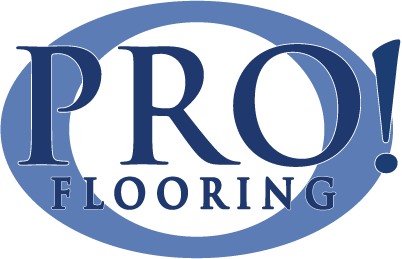How To Clean Your Floors With Non-Toxic Floor Cleaners
What’s the one thing that takes the most abuse in your home? Your flooring. It’s the largest surface area in your home, one that requires regular maintenance to keep it looking good.
 But have you ever thought about your regular maintenance routine? Depending on the cleaning agents you use for the wood, carpets, tiles or vinyl, you can be exposing your home to a variety of chemicals. And once they are on your flooring, they add to your indoor air pollution.
But have you ever thought about your regular maintenance routine? Depending on the cleaning agents you use for the wood, carpets, tiles or vinyl, you can be exposing your home to a variety of chemicals. And once they are on your flooring, they add to your indoor air pollution.
Why not try non-toxic floor cleaners instead?
Cleaning Wood, Bamboo, and Laminate
Wood, bamboo, and laminate flooring all have one thing in common; water can quickly become an enemy. Never use a wet mop to clean; avoid steam cleaning at all costs.
Steam can strip the finish that protects the floor. Moisture can also seep into the cracks and cause the floor to warp or splinter.
Instead, dry mop regularly. After a thorough vacuuming or sweeping, use a well wrung out sponge or mop with plain water. You can also add vinegar (1/4 cup of vinegar to a 2 gallon bucket of water) and a few drops of essential oil, if desired.
Avoid using things like dish soap, lemon juice or black tea – often recommended on sites. All can do more harm than good to your flooring.
Cleaning Linoleum, Tile, and Stone
Vinegar and water also make a great cleaner for the linoleum, tile, and stone throughout your home. Clean these floors with a vinegar and water combination of one to one up to one to four, depending on how dirty your floors are. You can also choose to add a few drops of essential oil, if desired.
Lemon juice and other acids can eat into the protective layers. Soaps can leave residue. And while these flooring choices can handle more water, it sill is best never to leave standing water on your floors.
On all flooring types, dirt and debris can scratch and scar your floors. Be sure to remove potential harmful particles before they do damage to your floors.
